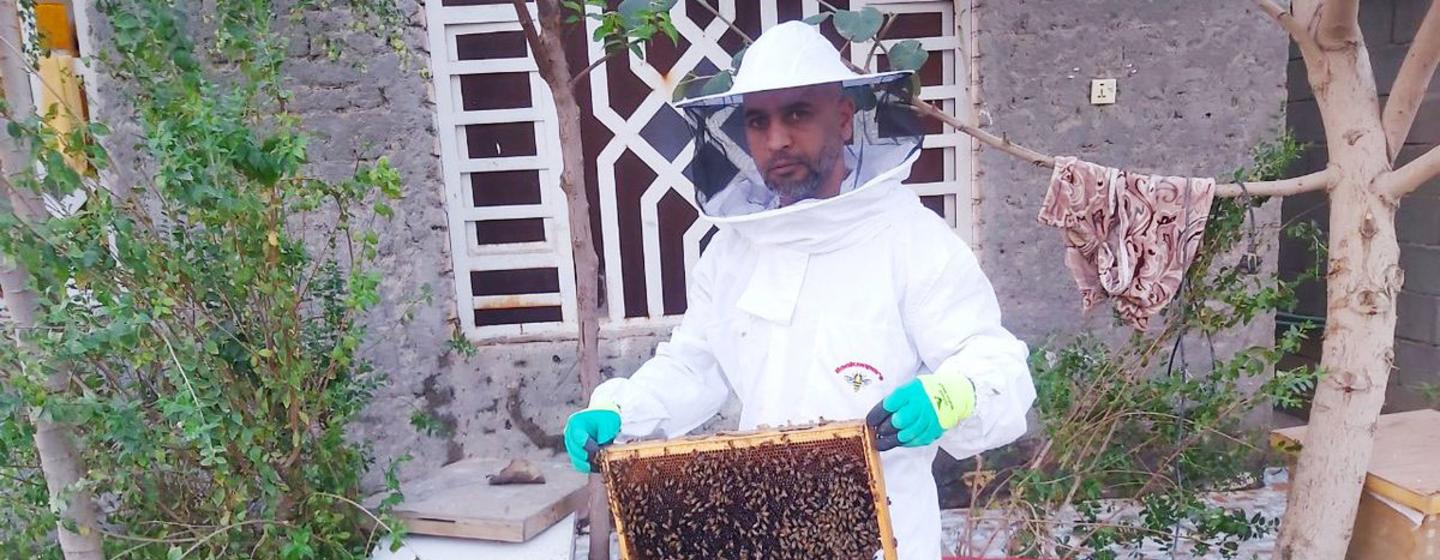
On May 20th, World Bee Day is celebrated to shine a spotlight on sustainable agricultural practices and the invaluable role bees play in pollinating food crops. Beekeepers around the globe rely on the honey their bees produce for their livelihoods, highlighting the economic significance of these tiny creatures. Moreover, beekeepers like Ziad Sa’ad in Iraq and Gulhayo Khaydarova in Uzbekistan are actively raising awareness about safety at work and improving honey production, respectively, with support from the UN food agency (FAO). Ligia Elena Moreno Veliz in Venezuela is breaking gender barriers in beekeeping and tackling climate change by planting new trees, while Betty Ayikoru in Uganda has enhanced her livelihood through beekeeping and collaboration with the UN-supported social enterprise, Honey Pride Arua. As we celebrate World Bee Day, let us remember that protecting these pollinators is not only crucial for agricultural production, food security, and ecosystem restoration but also underscores the need for international cooperation in safeguarding these vital insects.
Importance of World Bee Day
World Bee Day, observed on May 20th, is a global initiative aimed at promoting sustainable agricultural practices and raising awareness of the critical role of bees in pollinating food crops. Bees, often overlooked and underappreciated, play a vital role in our ecosystem and are essential for the success of agriculture. By dedicating a day to celebrate and protect these incredible pollinators, we can work towards a more sustainable future.
Beekeepers and Livelihoods
Beekeepers around the world rely on the honey their bees produce for their livelihoods. Honey production not only provides a source of income for these individuals but also contributes to the local economy. Additionally, beekeepers play a crucial role in pollinating 87 of the leading food crops worldwide. Without bees, many fruits, vegetables, and nuts we rely on for sustenance would struggle to propagate and grow. Beekeepers, such as Ziad Sa’ad in Iraq, are at the forefront of raising awareness about the importance of bee safety at work and promoting the economic opportunities of agriculture.
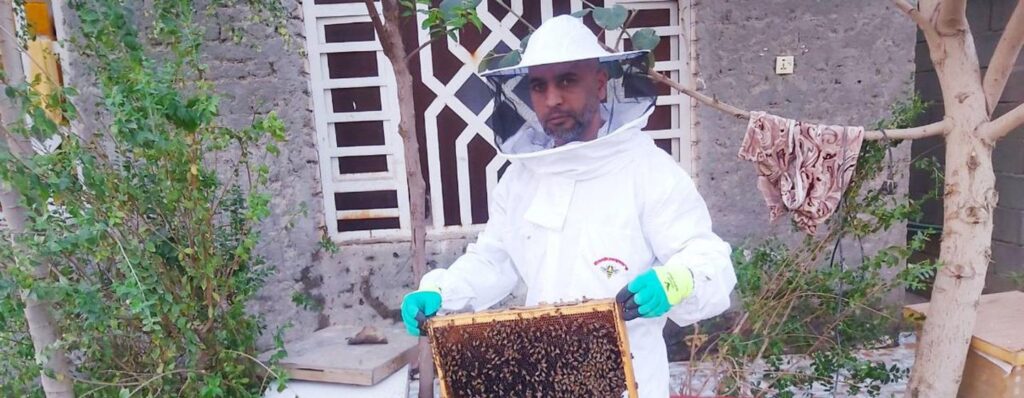
This image is property of global.unitednations.entermediadb.net.
Support for Beekeepers
Recognizing the importance of beekeepers and their role in sustaining our food systems, the UN Food Agency (FAO) provides vital assistance to beekeepers around the world. Through various programs and initiatives, the FAO supports beekeepers like Gulhayo Khaydarova in Uzbekistan, by providing modern beekeeping equipment and hives to improve honey production and livelihoods. By enhancing honey production practices, these efforts not only benefit the beekeepers but also have positive impacts on local communities and the economy.
Addressing Gender Barriers in Beekeeping
Beekeeping has long been seen as a predominantly male-dominated field. However, there are individuals like Ligia Elena Moreno Veliz in Venezuela who are breaking gender barriers and making a name for themselves in the world of beekeeping. Ligia not only challenges societal norms by pursuing her passion for beekeeping but also addresses the challenges posed by climate change through activities such as planting new trees. Her determination and resilience are an inspiration to aspiring female beekeepers around the world.
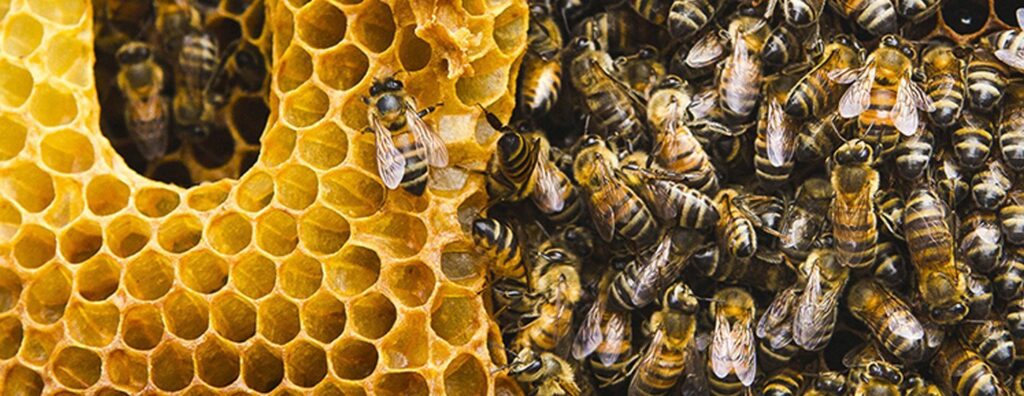
This image is property of global.unitednations.entermediadb.net.
Beekeeping as a Means of Livelihood Improvement
The story of Betty Ayikoru in Uganda highlights the transformative power of beekeeping as a means of livelihood improvement. Betty, through her engagement with Honey Pride Arua, a social enterprise supported by the UN, has not only improved her own economic situation but has also created opportunities for others in her community. Beekeeping has the potential to generate sustainable income streams and provide much-needed economic stability, especially in rural areas where alternative employment opportunities may be limited.
Threats to Bee Health
Ensuring bee health is a top priority for the FAO, as there are numerous threats that endanger these important pollinators. Unsustainable agriculture practices, excessive pesticide use, and habitat loss are some of the primary concerns that need to be addressed. Unsustainable agriculture, such as monoculture farming, reduces the availability of diverse pollen and nectar sources for bees. Moreover, the abuse of pesticides not only directly harms bees but also disrupts their reproductive and navigational abilities. Additionally, the loss of natural habitats due to urbanization and deforestation poses a significant threat to pollinators’ survival.
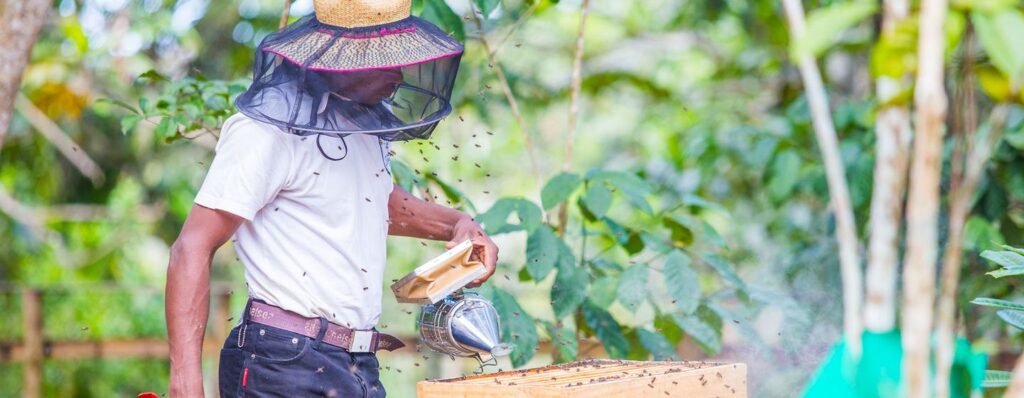
This image is property of global.unitednations.entermediadb.net.
Impact of World Bee Day
World Bee Day plays a crucial role in raising awareness of the Importance of Bees and their impact on our lives. By highlighting the critical role that bees play in food production and ecosystem health, this annual event educates the public and promotes informed conservation efforts. World Bee Day also fosters international cooperation among individuals, organizations, and governments to protect these crucial pollinators and work towards sustainable practices.
The Significance of Protecting Bees
Protecting bees and pollinators is not just an environmental concern; it is crucial for agricultural production, food security, and ecosystem restoration. Bees play a vital role in agriculture, ensuring the pollination of crops that are essential for our food supply. Without the valuable services of bees, many crops would see a significant decline in yield and quality. Furthermore, bees contribute to ecosystem restoration by facilitating the reproduction of plant species, which in turn supports a diverse range of fauna and flora.
In conclusion, World Bee Day serves as a reminder of the importance of bees and their role in sustaining ecosystems and supporting sustainable agricultural practices. Beekeepers and their livelihoods are essential for maintaining a healthy bee population and promoting pollination. By supporting beekeepers, addressing gender barriers, and raising awareness, we can ensure the survival of these incredible pollinators and work towards a more sustainable and resilient future. Protecting bees is not just crucial for agricultural production and food security; it is vital for the overall health of our planet and its biodiversity.
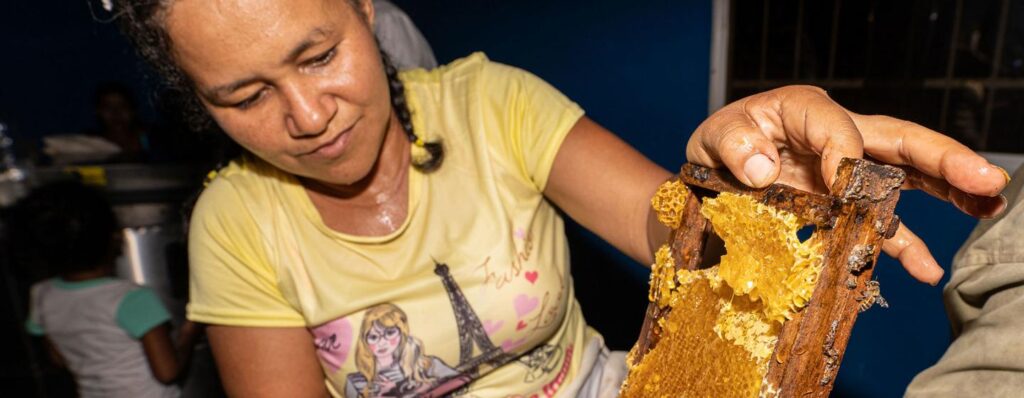
This image is property of global.unitednations.entermediadb.net.